
ernst will be closed from the beginning of November. You can sign up for the waiting list in Oktober here.

ernst will be closed from the beginning of November. You can sign up for the waiting list in Oktober here.

ernst is a nine-seat counter restaurant in Berlin, Germany.

Our philosophy and our techniques are grounded in Japanese cuisine, with a strong focus on the sourcing of produce.

ernst is our way of exploring the regions and climates of our own backyard and of Europe as a whole.
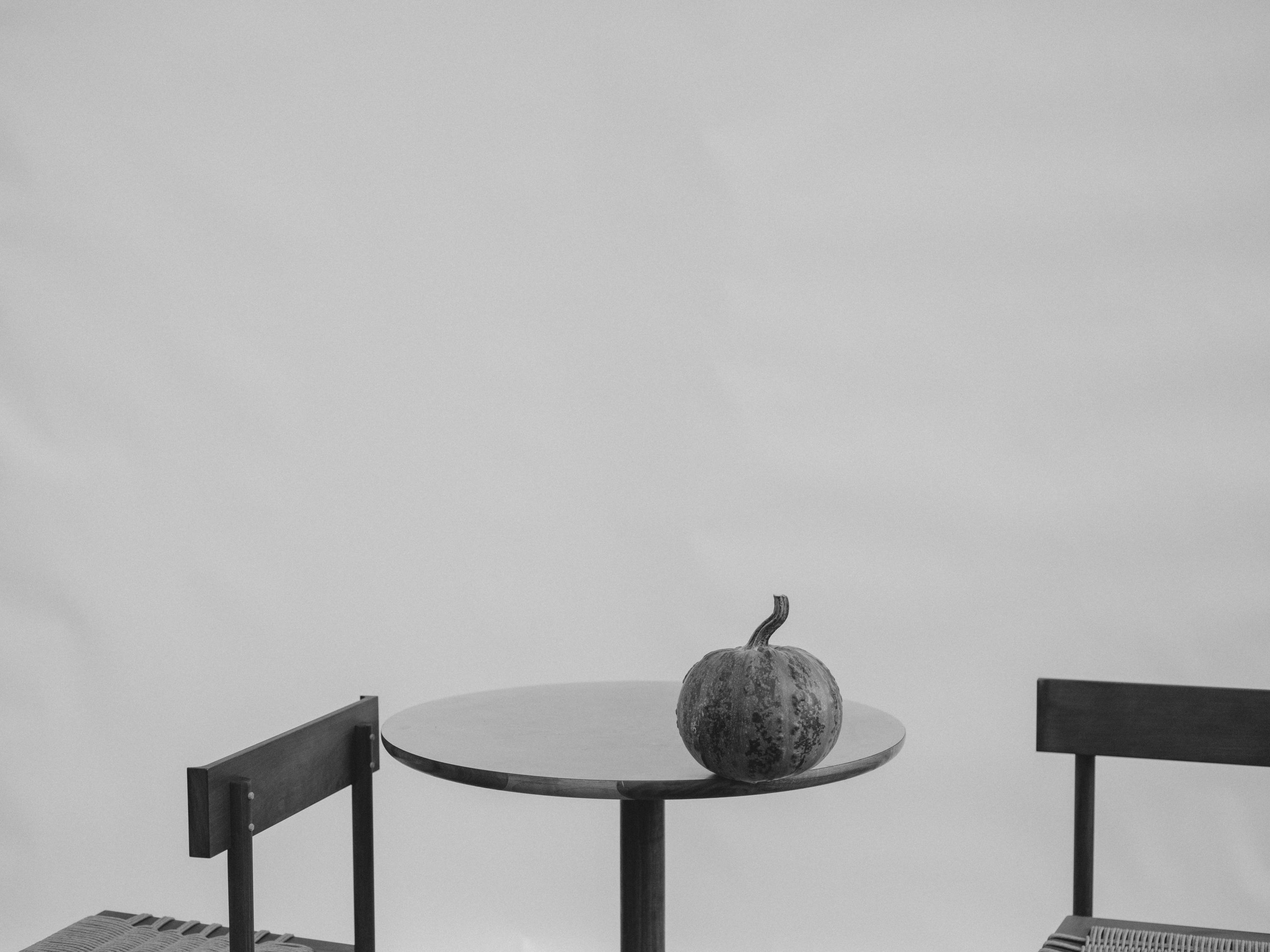
Seated at the counter, guests are invited to observe the careful preparation of their meal and to interact with the team throughout the process.

Book here.

For general inquiries, private bookings or groups of 5 or more please contact us at info@ernstberlin.de to hear more. The entire counter can be booked for private parties of up to 9 guests.
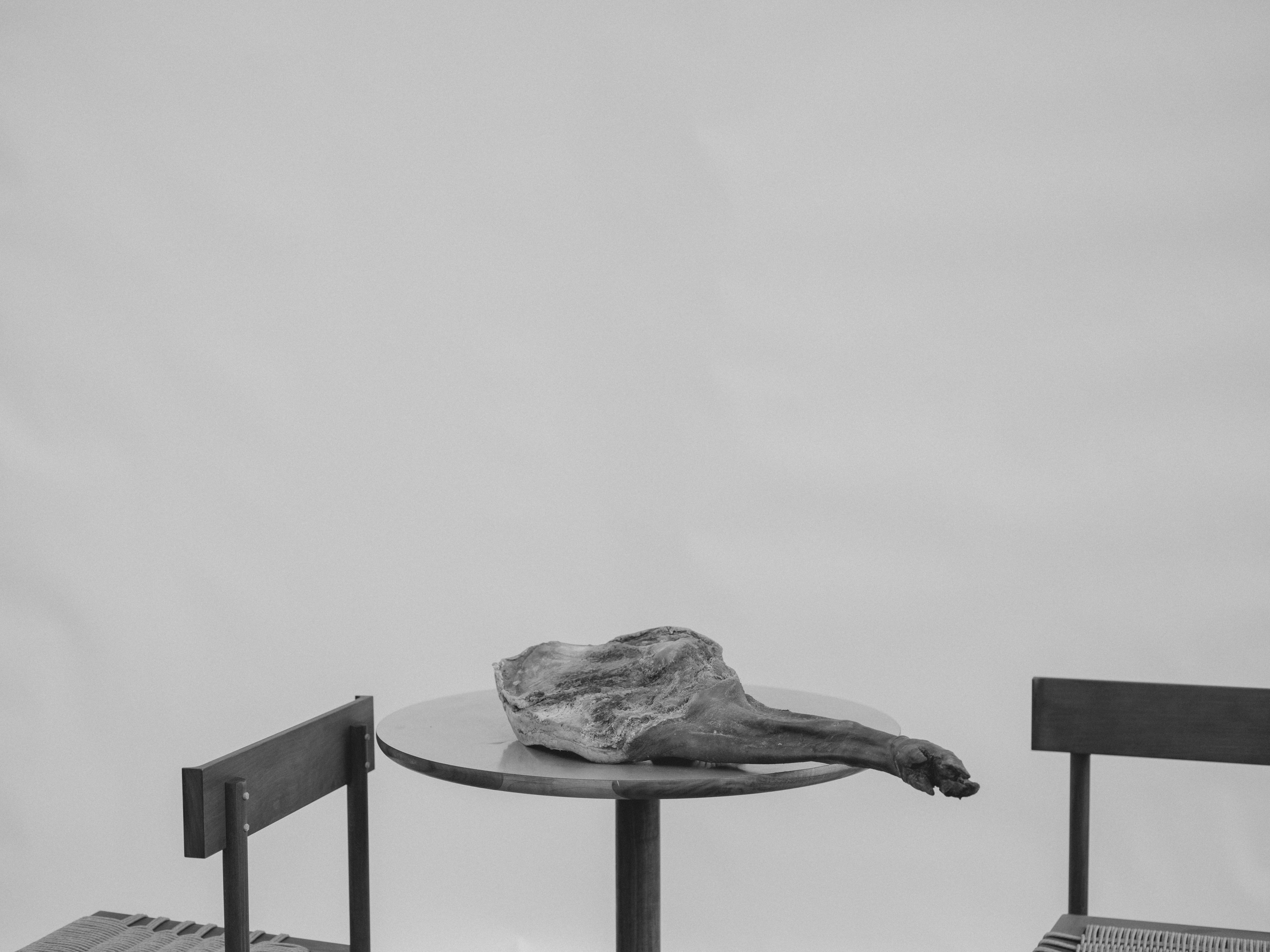
To receive updates on future ticket releases and events, sign up for our newsletter.

Find out more about our more casual little brother julius here.

Dylan Watson in conversation with Die Zeit’s Alard von Kittlitz

ernst is closing because of financial issues—for some reason, this is the perception the public has been left with since you announced that the restaurant is in its final year. You’d like to clear the record on that.

Yes, because that perception is false. It is correct that we had nights where the restaurant wasn’t full, but we certainly could have continued.

Why then did you decide to close the restaurant?

We came to the understanding that this is a good time to stop ernst. It’s a feeling in the air.

Ha.

I suppose it is human to ask for a reason. But sometimes there is no satisfyingly reasonable explanation. In any case for me neither the guest situation—the fact that we weren’t fully booked every night—nor the work situation—how much work the project is—neither of those were deciding factors behind the closing. I would rather say the restaurant is closing because it always had an impermanent nature.
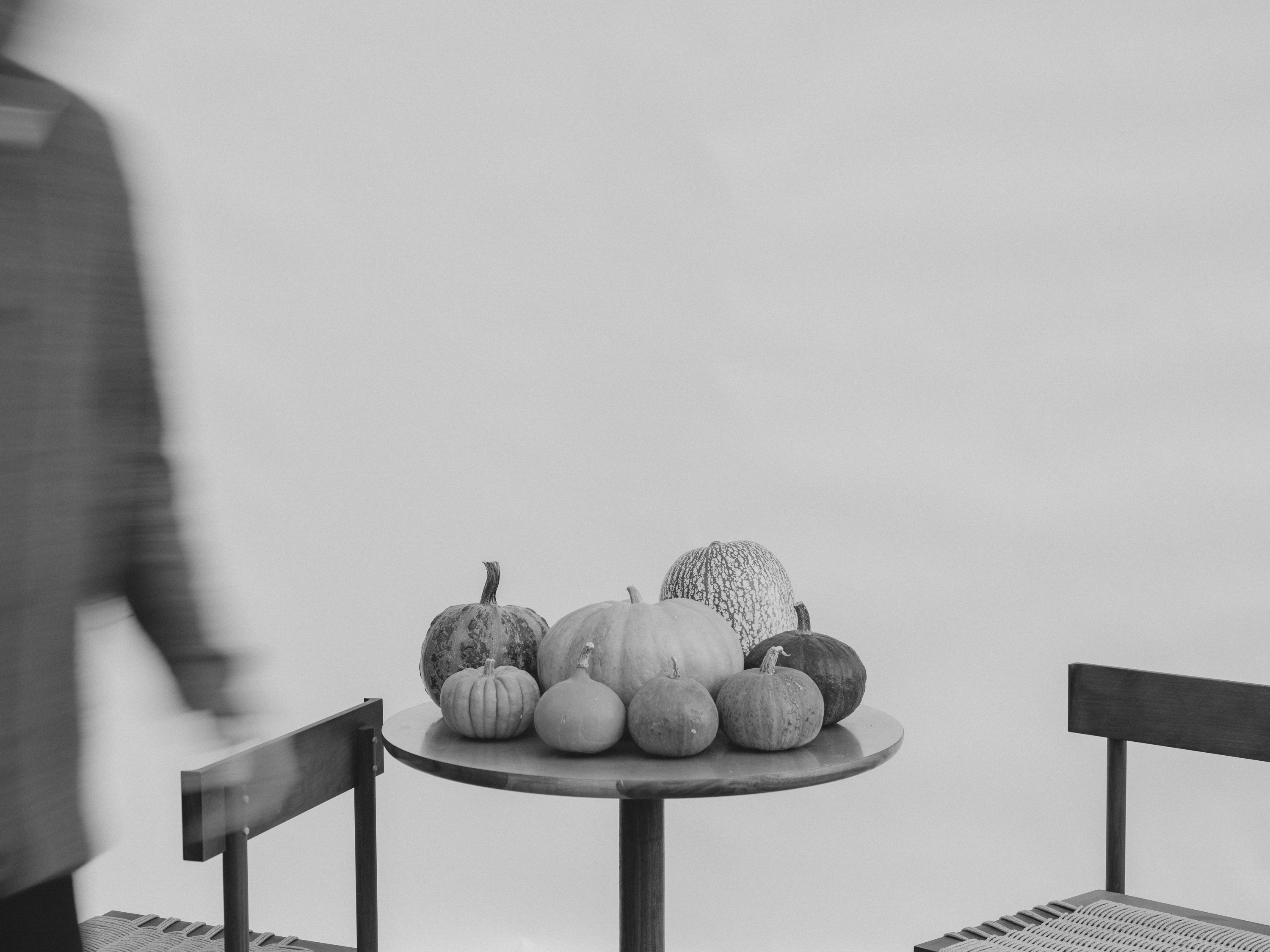
You are saying an ending of the place was always in the cards, regardless of how well you were doing in sales.

Exactly. And this impermanence is directly connected to the essence of what we are doing at ernst.
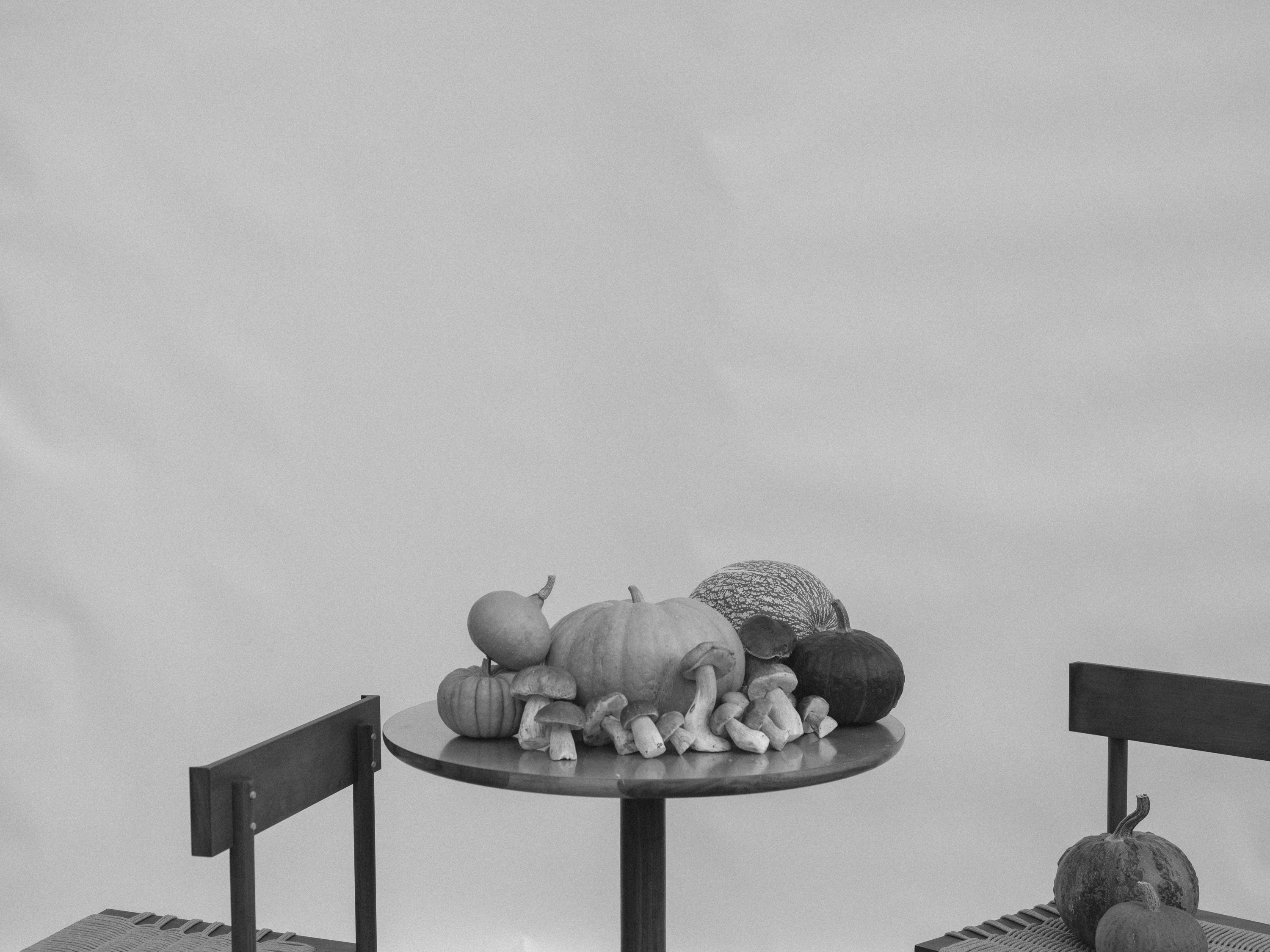
Perhaps we could talk about that. What is ernst essentially about, then?

That is not easily answered, but I would say that there is a dynamism to ernst that is very peculiar and hard to put into a box. Which annoys some people to no end, but it is kind of a central point. There’s this Japanese mantra: "Treat every situation like a beginner".

It’s like: you have experience, but you shouldn’t count on that experience, because it will cloud your perspective. It limits you. So nothing at ernst was ever built on the notion of accumulated experience, or permanence, or repetition, let alone of going through the motions.

Which of course entails enormous mental work. What many people don’t realise is that every day at the restaurant starts anew, without a fixed plan or idea of what the menu might look like.

Yes. And I do understand that this asks something of the people who come to eat, too. I do understand that to some extent, eating at ernst is uncomfortable, in the sense that it challenges your expectations.

When you eat with us, you’ll be seated in a row. The courses come in rapid progression. There is really too little time to think or discuss or to analyse the food. Some people find this difficult.
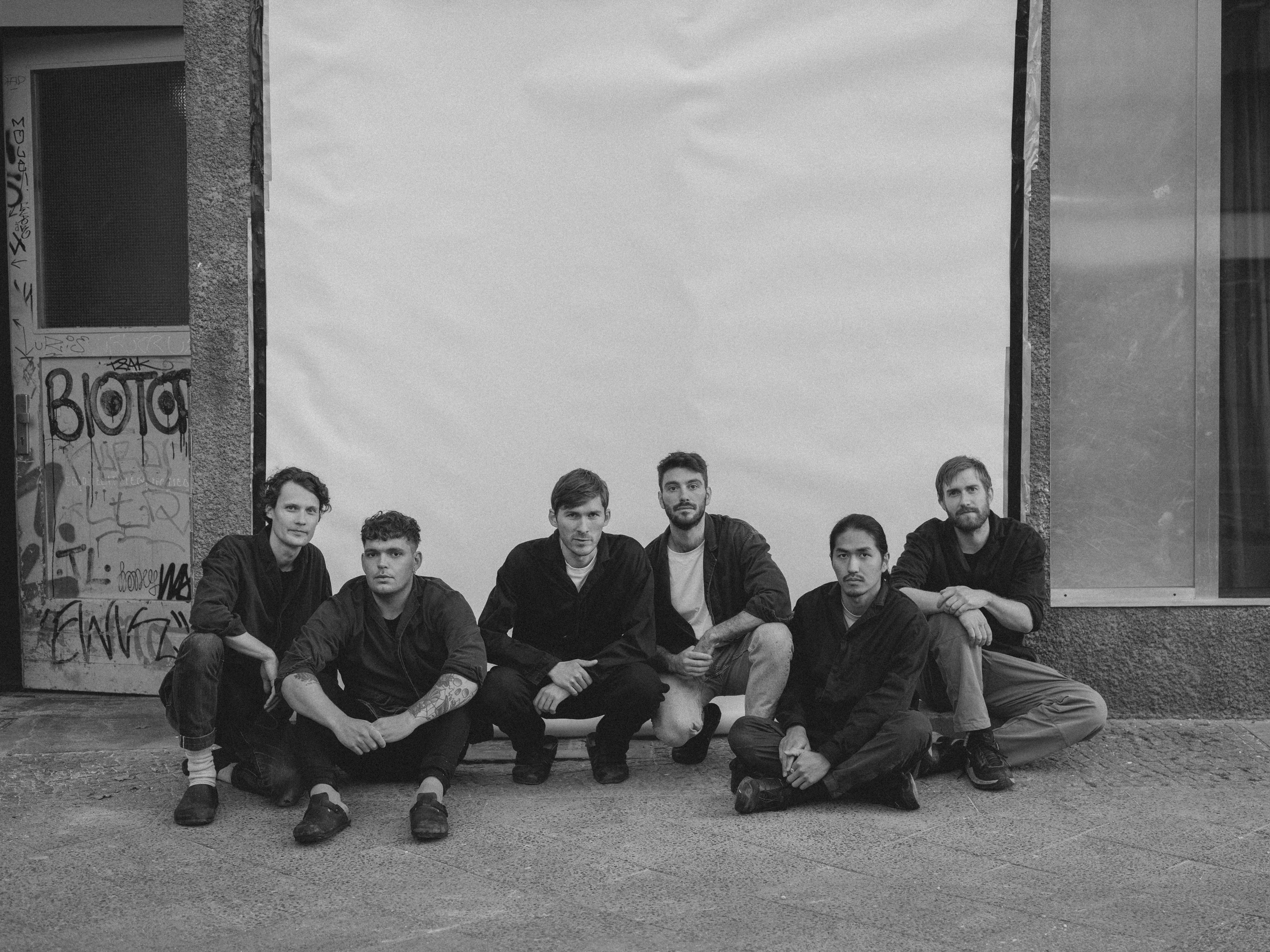
Why do you think that is?

We live in a time that places a huge premium on comfort, on convenience, on safety. I am not so sure about the wisdom of that. Human beings tend to have transformative experiences through discomfort, or through the unfamiliar. ernst is of course a very warm and welcoming setting.

But eating in the restaurant will still take you out of your comfort zone, in the sense that it asks you to be present in a situation that you are not in control of.

Much like, forgive me, a psychedelic does.

It is a trippy experience, and whether people know that or not, that’s what it is. When people in the restaurant tell me that what they are having reminds them of something they ate as a child, that makes me incredibly happy.

Not because what they are eating has anything to do with what they actually tasted as a child—I don’t believe it does.

It rather has to do with the mental space they were in just now, when they tasted our food. They were not over-analyzing it, they were not left-braining it up, they were in the here and now. And some people can’t do that, by the way. And you can see it in their faces.

They need control, and logic, they are adverse to that idea of a beginner’s mind. And other people come every month, and I believe they come because we create a space for two to three hours that puts you outside of what you knew and know, somewhere else and new and now.

The really very interesting thing is that you do this through food, that people at the restaurant get to have this experience through eating.

For me this is intimately tied to the fact that we work so deeply in the natural world. We’re not using anything ultratechy. All of the things we do in the kitchen are natural reactions between natural products. We essentially cook with temperature and pH. So to some extent you’re being served things that you know.

Even if you haven’t heard of the particular variety you’ll still be able to tell this is, say, a root vegetable. But the level of attention that’s been given to it is at a level that a normal person just would never have the time for.

Do you feel that this approach to cooking can be copied, then?

I don’t honestly believe so. Because what I cannot explain to anybody and what cannot translate into any recipe or technique is sequencing, and pace, and that all comes just by feeling. It is all from the heart.

We’ll go from crab to physalis to eggplant to beef, and that’s because it feels right. There are so many weird little things that I try to do that are maybe a little bit poetic and that go for the heart, not for the head or the tongue per se.

Is there no pain to you in closing something that comes from the heart?

No, because, again, much in the way that feeling and a beginner’s mindset commanded the sequencing of the menu, it is feeling and that mindset that led us to believe that now is a good time to close. I will say though that lately I’ve been thinking about the cynicism of our culture, this nigh on fear of sincerity.

I wonder whether such a culture can really connect with a place like ernst. Giving yourself away to something, the way we do—in sincerity—is of course not cynical. And going to ernst requires a kind of commitment that is, for lack of a better word, earnest.

You have to be there at a certain time, you can’t really do anything else but sit and be present while you’re there, you have to inconvenience yourself in order to experience something unique and unrepeatable.
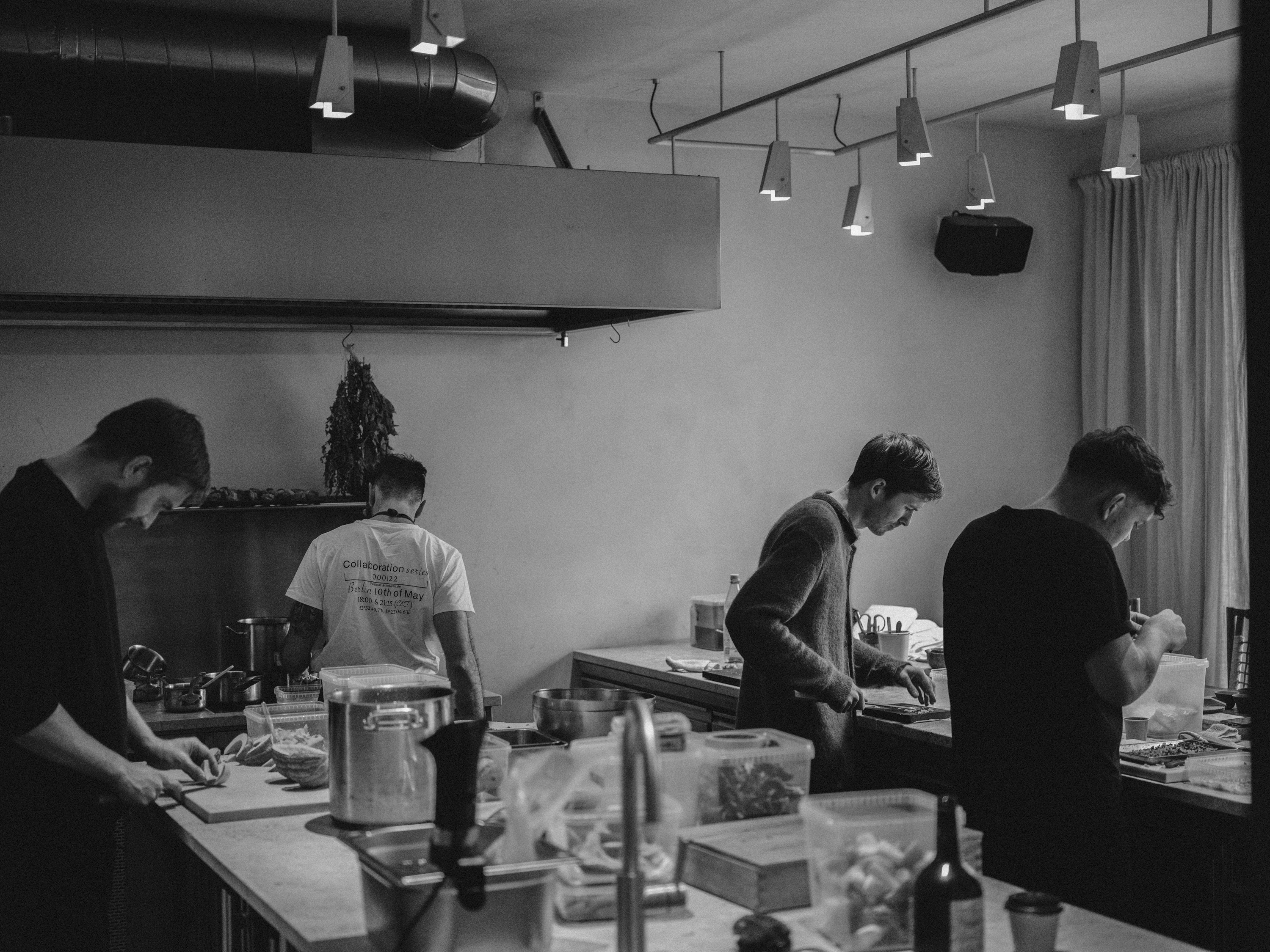
Unrepeatable: ernst will be gone. You will, however, stay on in Berlin.

Yes, and I am not done creating genuine experiences for people—also at Julius, where we also make beautiful food, and in an accessible way. With ernst, I feel I did that really difficult thing that you have to do in your life. I could have continued, but I decided not to.

And I am happy with it. That is the most important thing I’ve come to realise. When we finish ernst, I’m still going to have loved cooking. We’ll finish on a high. We’re stopping for a better reason than fatigue.